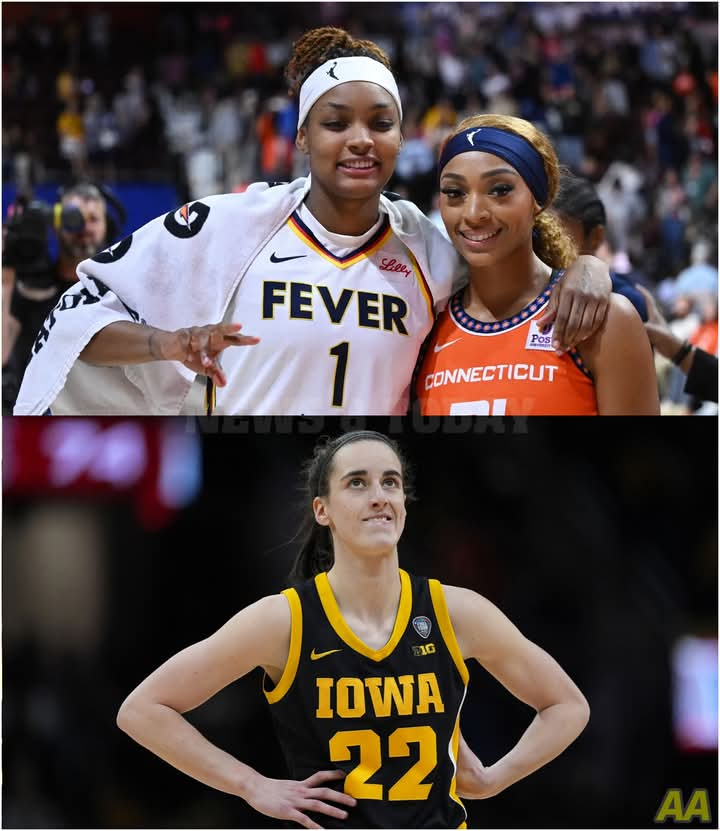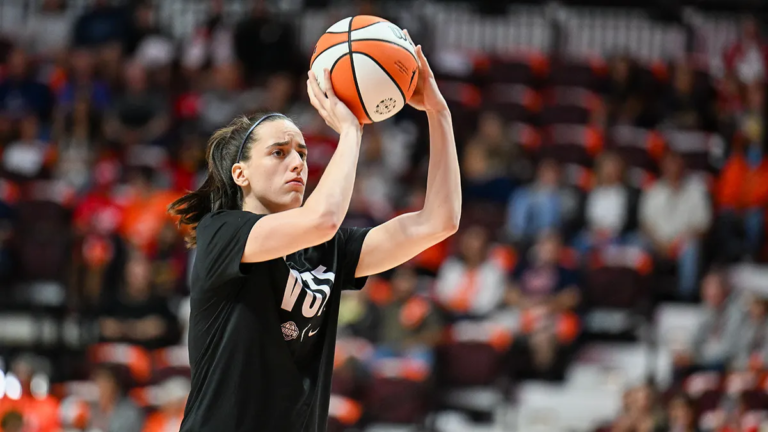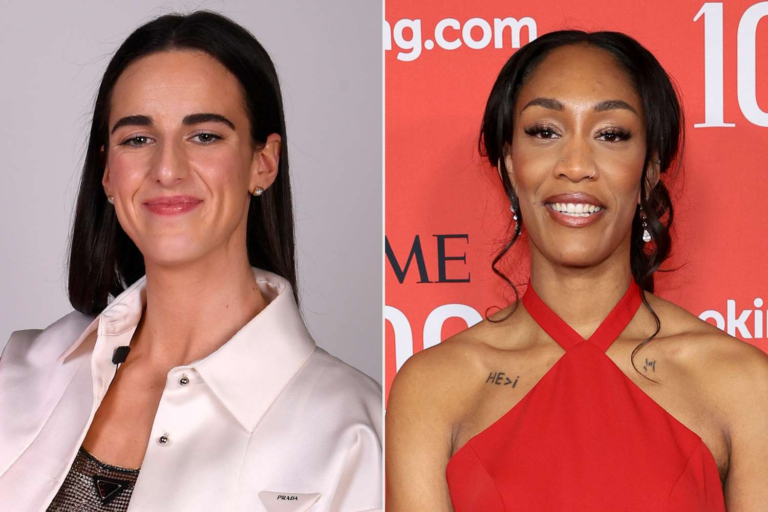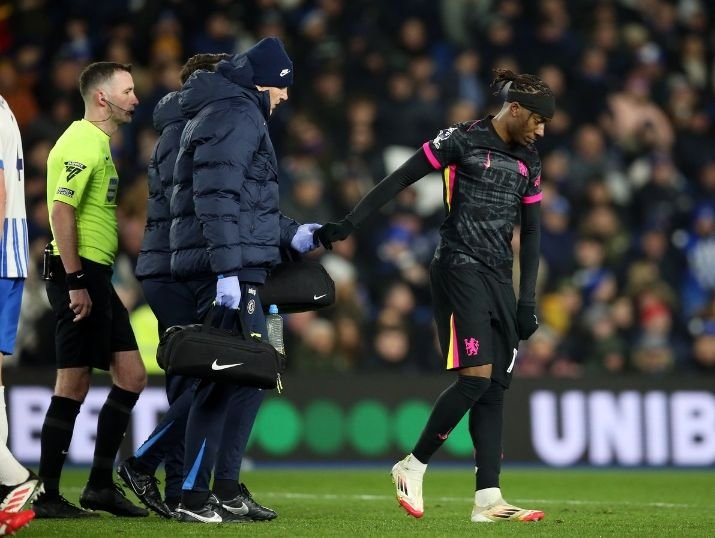
Kate Martin and Lexie Hull have taken the WNBA world by storm with their latest endorsement deals, securing major partnerships that highlight their rising influence in women’s basketball. Both players recently announced collaborations with high-profile brands, further solidifying their presence both on and off the court. Martin, known for her versatility and leadership, landed a deal with a major sportswear company, while Hull, a standout for the Indiana Fever, signed with a top-tier fitness and wellness brand. Their endorsements not only boost their personal brands but also bring more visibility to the growing commercial power of WNBA athletes.
The announcement sent shockwaves through the league, with fans and analysts buzzing over what this means for the future of WNBA endorsements. Historically, marketing opportunities for women’s basketball players have lagged behind those of their male counterparts, but the recent surge in interest—fueled by stars like Caitlin Clark—has opened doors for more players to capitalize on their marketability. Martin and Hull’s deals reflect a shifting landscape where WNBA players are becoming household names and securing lucrative opportunities that once seemed out of reach.
However, not everyone is pleased with the attention these endorsements are receiving. Some WNBA veterans and fans have voiced concerns over the growing commercialization of the league, arguing that established stars who have long contributed to the sport should receive similar opportunities. Others believe the chaos surrounding these deals is a testament to the league’s evolution, proving that brands are finally recognizing the value of women’s basketball. The debate has only intensified as more companies look to invest in WNBA players, potentially changing the financial dynamics of the sport.
For Martin and Hull, the endorsements mark a significant milestone in their careers. Martin, fresh off her transition from college to the pros, has quickly made a name for herself as a reliable contributor. Hull, known for her defensive prowess and sharpshooting, has steadily built her reputation as a key player for the Fever. Their marketability extends beyond their on-court abilities, as both players have cultivated strong fan followings and embody the dedication and determination that brands seek in ambassadors.
As the WNBA continues to grow, more players are expected to land high-profile endorsement deals, paving the way for increased financial stability and visibility for athletes in the league. Martin and Hull’s latest moves signal a new era where WNBA players are not just competitors but powerful brand ambassadors. Whether this shift sparks further controversy or is embraced as progress, one thing is certain: women’s basketball is no longer being overlooked, and its players are finally getting the recognition they deserve.







